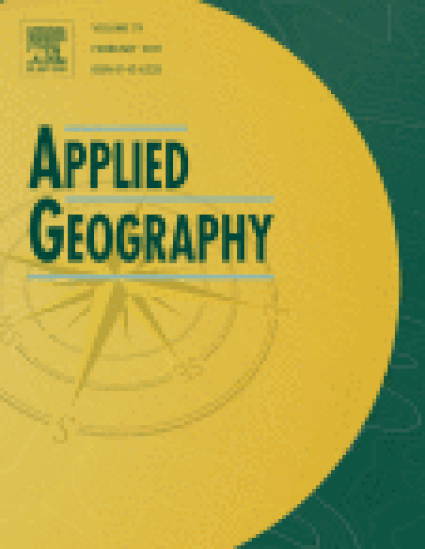
Spatiotemporal patterns of urban growth can help identify impacts of urbanization, assess conceptual models of that growth, help predict future change, and inform associated urban management policies. Using multi-temporal spatial data (1938-2014), we categorized the newly urbanized area in Treasure Valley, Idaho into four urban growth forms and six urban land use classes. A time series analysis of new development revealed the existence of decadal-scale variability of urbanization at various levels of urban land use. Alternating dominance of dispersion and compaction processes were observed at the urban patch level. A similar periodicity was observed between edge-expansion and infill in terms of growth forms, and between residential and commercial development at the land use level. Our observations also indicate that recent urban densification is occurring in the Treasure Valley, similar to some other metropolitan regions in the United States.
